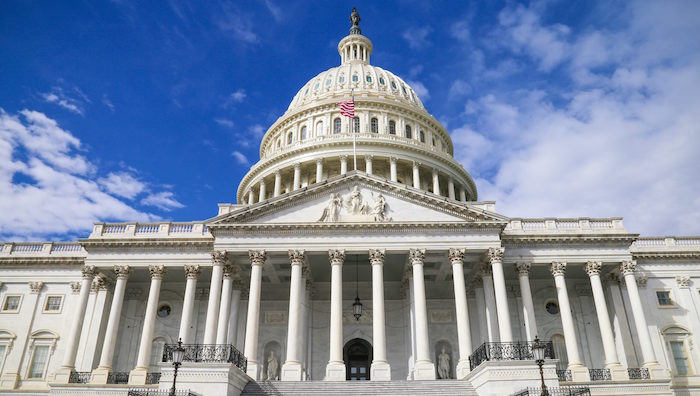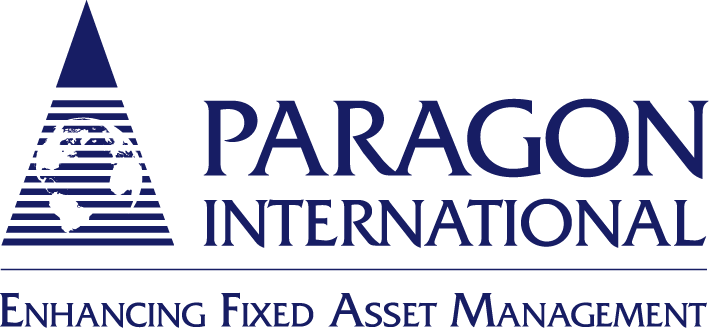The long wait is over! The Further Consolidated Appropriations Act, 2020, was signed into law on December 20, 2019, avoiding a federal government shutdown. The year-end spending bill, H.R. 1865, includes several fixed asset tax provisions that may benefit you. In particular, the bill includes provisions referred to as fixed asset tax-extenders, because they retroactively extend certain tax incentives by 3 years to December 31, 2020. These tax incentives had previously expired on December 31, 2017.
Highlights of Fixed Asset Tax Provisions
For a quick look at how the new tax law may affect you, here are some highlights of the more notable fixed asset tax-extenders:
- Section 179D Energy Tax Credits for installing qualifying energy efficient heating, cooling, ventilation, hot water, lighting, and building envelope systems for commercial buildings. For more details on Section 179D tax credits and whether you may qualify, read our related blog post and website page.
- Tax credits of $1,000 or $2,000 for manufacturers and builders of energy-efficient homes, under the Federal Energy Policy Act of 2005. These homes must meet federal ENERGY STAR requirements.
- Additional first-year 50% bonus depreciation for second generation cellulosic biofuel plant property. See the U.S. Department of Energy’s Alternative Fuels Data Center for more information.
- Accelerated depreciation for qualified business property on Indian reservations.
- Empowerment Zone Tax Incentives for certain businesses and employers operating in 41 designated areas. Among the various benefits, it includes accelerated depreciation deductions on qualifying equipment under Section 179, and capital gains tax deferral on qualified assets replaced and sold.
- A 7-year cost recovery period for motorsports entertainment complexes.
- A 3-year cost recovery period for certain qualifying race horses.
- Other various energy tax credits.
Key Missed Technical Correction (aka Retail Glitch)
Unfortunately, lawmakers did not make a widely-anticipated technical correction to the Qualified Improvement Property (QIP) tax code. The Tax Credits and Jobs Act (TCJA) was supposed to consolidate various QIP categories into a 15-year cost recovery period. This change was accidentally omitted from the final version of the TCJA, and excluded QIP from 100% bonus depreciation. This means that QIP will continue to have a 39-year recovery period, and is not eligible for the bonus depreciation. [UPDATE: The CARES Act fixed this Retail Glitch.]
Fortunately, a detailed cost segregation study can identify property that is eligible for both bonus depreciation and Section 179 deductions.
For Your Further Reading Pleasure
If you enjoy reading congressional records or have a hard time falling asleep at night, you can read the entire text of the “Further Consolidated Appropriations Act, 2020” here.
Tax-Extender Updates to Sage Fixed Assets Software
The Sage Fixed Assets version 2020.1 tax release, expected in January 2020, will include updates for the above listed fixed asset tax-extenders. We will post a summary blog post of the updates as soon as they are released. Check our Blog page again soon!
In the meantime, if you want to learn more about how Sage Fixed Assets’ robust depreciation engine and reporting can simplify your fixed assets management, click here for an overview.
Want to chat about how you can get the most out of the new tax law? Contact Paragon today.




